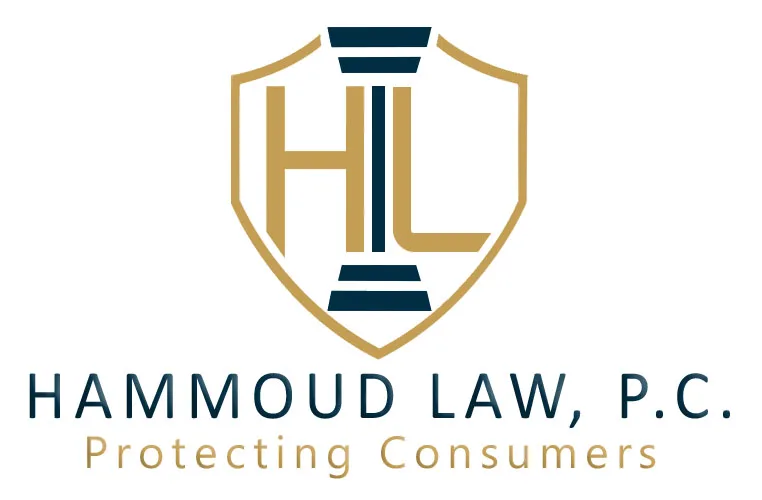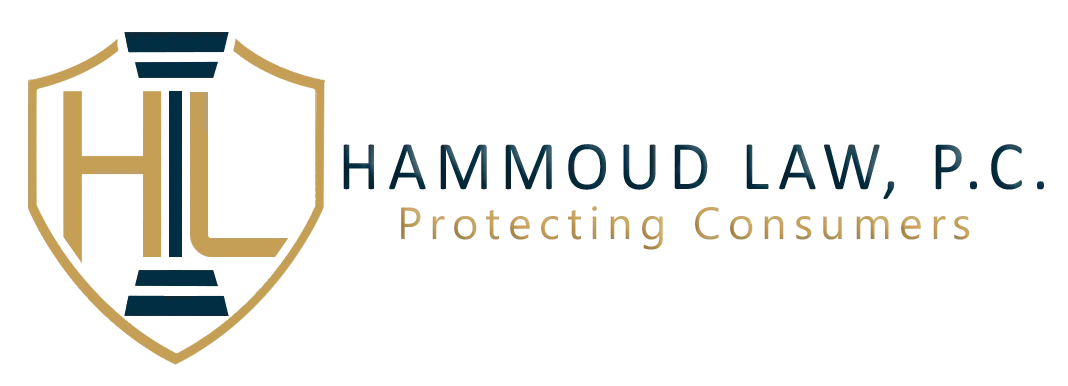General FDCPA RFDCPA Information
by Youssef Hammoud, P.C. | Jan 4, 2023
Fair Debt Collection Practices Act
&
Rosenthal Fair Debt Collection Practices Act
Debt collection can be a stressful and overwhelming experience, especially if you are receiving harassing or aggressive communications from collectors. Fortunately, there are laws in place at both the federal and state level to protect you from abusive or deceptive collection methods.
Enacted in 1977, the federal Fair Debt Collection Practices Act (FDCPA) applies to personal, family, and household debts, such as credit card bills, medical bills, and mortgage payments. Under the FDCPA, debt collectors are prohibited from using abusive, deceptive, or unfair practices when attempting to collect a debt. This can include making threats, using profane or obscene language, or causing a telephone to ring repeatedly or at inconvenient times. The law also prohibits the use of false or misleading information in collection, such as claiming to be an attorney or overstating the amount of the debt.
The FDCPA gives consumers certain rights when it comes to debt collection. For example, consumers have the right to request that collectors stop contacting them, or to request verification of the alleged debt. Debt collectors are also required to provide consumers with certain information about their rights under the FDCPA, such as the right to dispute the debt or seek validation of the debt.
California residents are also protected by the Rosenthal Fair Debt Collection Practices Act (also known as the Rosenthal Act or RFDCPA). The Rosenthal Act contains similar prohibitions and protections as those provided by the FDCPA but expands the scope of covered debt collectors to include original creditors, like the bank that issued your credit card.
If you are being contacted by a debt collector (or a bank’s collection department if you are in California), there are a few general steps you can take to protect your rights. First, keep copies of all correspondence and communication, including letters, emails, and phone calls. This will help you track the status of your debt and help your ability to hold collectors responsible if they engage in prohibited behavior. Second, if you want to request that collectors stop contacting you, or if you want to dispute the debt or request verification, it is best to do so in writing. Finally, if you are being pursued by collectors and you think they are using abusive or deceptive methods, consider contacting a consumer attorney. Both the Rosenthal Act and the FDCPA give consumers the right to file a lawsuit to recover damages and attorneys’ fees from debt collectors who violate the law.
Start Your Free Consultation Here!

Mailing Address
3744 E. Chapman Ave., #F12269, Orange, CA 92859
Telephone
T: (949) 301-9692
Fax
F: (949) 301-9693
Email
info@lawhammoud.com
